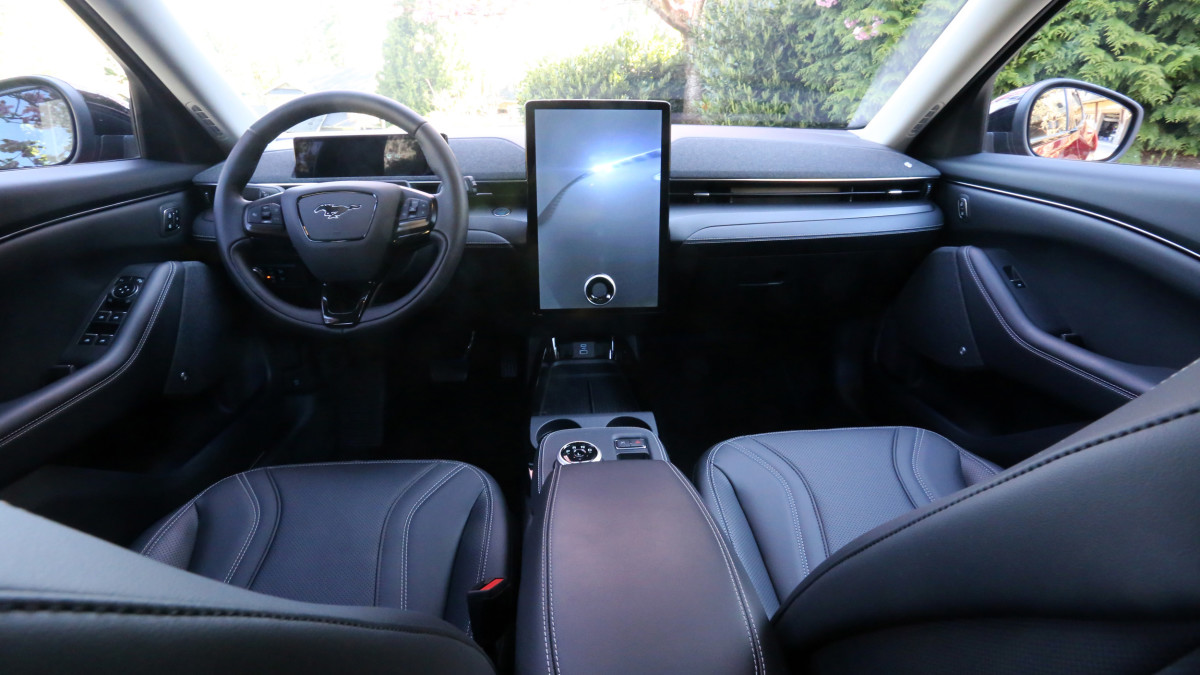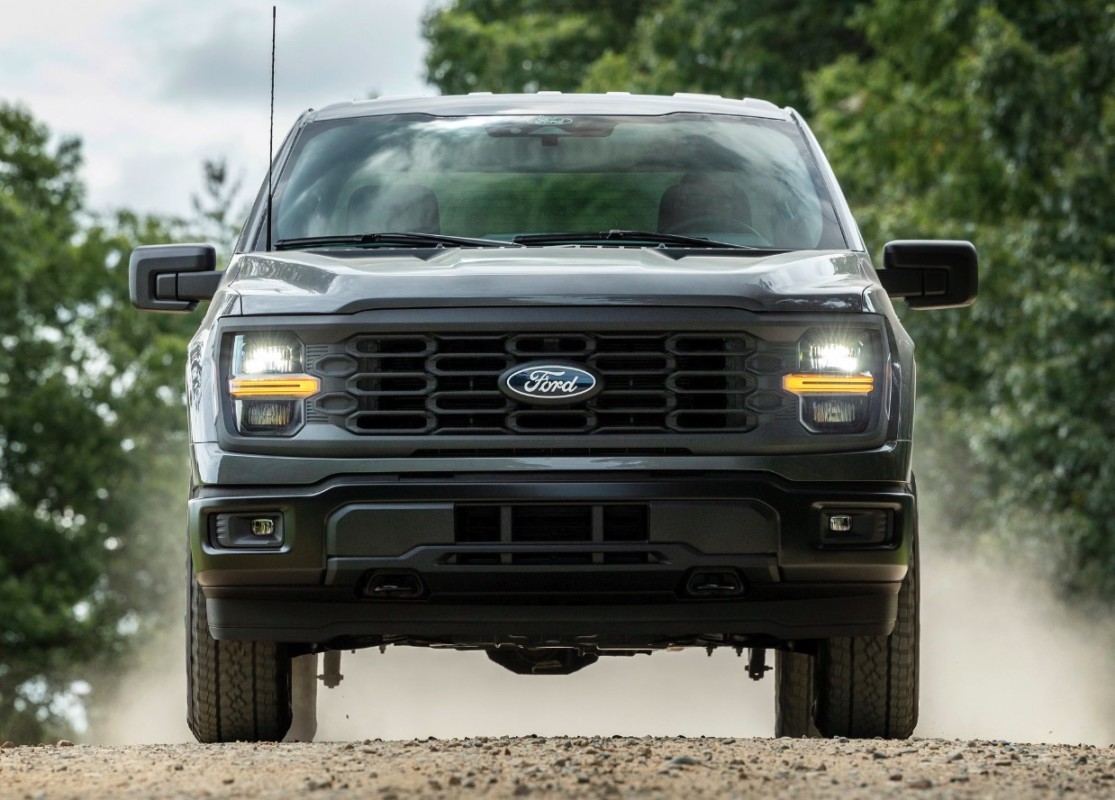Ready to trade in your Tacoma for a Ranger?
It’s been just over five years since Jim Farley took over as CEO of Ford. In that time, he has already overseen the launch of key products like the Bronco, F-150 Lightning, Maverick, and Mustang Mach-E. He has also had to navigate the marque through the aftermath of the Covid pandemic, but one of Farley’s greatest challenges has been to fix Ford’s quality issues.
Those issues are ongoing, as the company has already hit over 100 recalls this year—more than any other automaker. In a new interview with the Detroit Free Press, Farley touched on the continued recalls, while also making a courageous statement with reference to Toyota.
Related: 5 Changes Ford’s Making to Correct Recalls Costing It Billions
Software, Not Powertrains, To Blame For Many Recalls

A high number of recalls isn’t always indicative of a low-quality or unreliable car. Some recalls can be resolved via a software update, while others are minor and don’t pertain to expensive powertrain issues. This was the case with a Ford recall earlier this year for a software error that affected the rearview camera images in 1.1 million Ford and Lincoln models. Farley considers the distinction between software-based and powertrain issues to be important, since the former is an industry issue, not a Ford one.
“Our durability of our powertrains that we’re testing are fully competitive, we believe, with the likes of Toyota,” said the CEO. “Since I’ve been CEO, we’ve improved our quality of our launches. The Expedition and Navigator were our best launches in company history. We lost almost no vehicles and so far, as the vehicles mature in the field for six months now, we’ve had almost no recalls and very little issue with those vehicles. I would say we are making a lot of progress and it does take time.”

Toyota still produces some of the most reliable gas-powered cars in the world, so Farley’s statement is a courageous one, to say the least. And yet, even Toyota has had its share of powertrain issues, having had to replace thousands of engines in certain Tundra and Lexus LS models last year.
Most Newly Recalled Fords Are Older Models

Farley said in the same interview that many of its recent recalls were for vehicles developed prior to 2020, when he took over as CEO.
“I can’t do anything about that engineering. It’s in the field. All I can I do is deal with the problems quickly,” Farley said. “Anyone who says, ‘They should make the recalls go away.’ I can’t remake the vehicles that were made seven years ago. That’s not understanding the recall process. The recall process is when you have an issue in the field, dealing with it.”
This is true to some extent. Many recent Ford recalls were for older models engineered before Farley arrived on the scene:
- 2016-2018 Ford Taurus: Door trim falling off
- 2020-2021 Ford Super Duty: Steering column defect
- 2015-2018 Ford Edge: Rear brake jounce hoses could rupture
That’s just a snapshot of recent Ford recalls, of course. There have been many more in 2025.
There Are Signs Of A Ford Recovery

Ford
Viewed in context, Ford’s high rate of recalls does look slightly less discouraging. If engines and transmissions were failing left, right, and center, that would be a different story altogether.
Furthermore, J.D. Power said that Ford has shown progress in the last five years in terms of vehicle quality. The F-150, Super Duty, Escape, and Mustang topped their segments in the recent J.D. Power Initial Quality Study, which tracks the number of issues faced by owners of new vehicles over the first three months.
Still, Farley’s work is far from done. Whether the recalls are software-related or not, and regardless of whether most pertain to older Fords, they’re still denting the company’s reputation.


